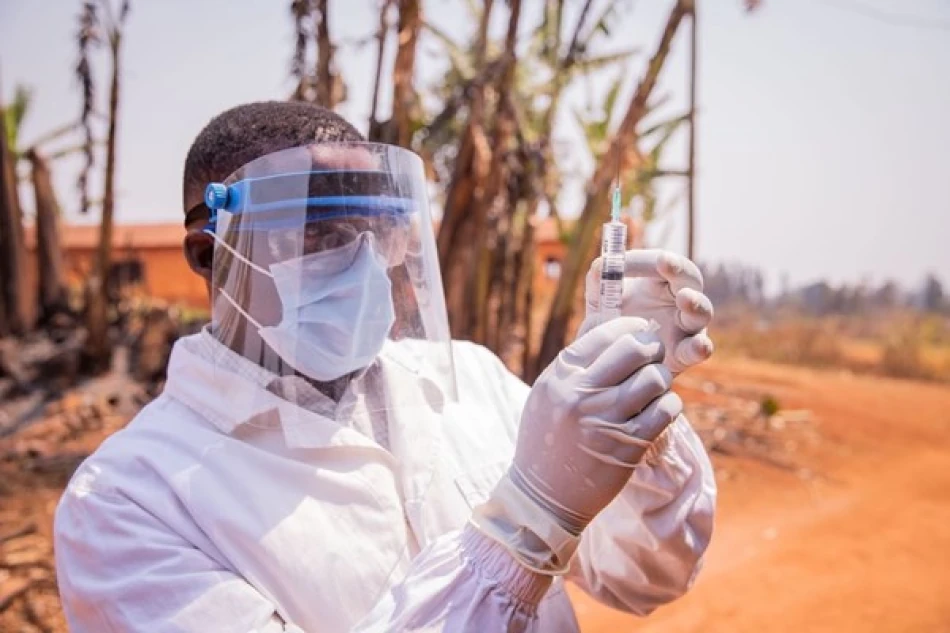
Congo Records Over 35,000 Cholera Cases Amid Outbreak
Congo's Cholera Crisis: 35,000 Cases Signal Deeper Infrastructure Collapse
The Democratic Republic of Congo faces an escalating public health emergency with over 35,000 cholera cases recorded since January 2025, highlighting the country's crumbling infrastructure and the devastating impact of climate-related disasters on urban populations. The outbreak, concentrated in the capital Kinshasa, exposes how environmental degradation and poor governance create perfect conditions for preventable disease outbreaks.
Capital Under Siege: Kinshasa Bears the Brunt
Congolese Health Minister Roger Kamba confirmed the country has entered an "acute phase" of the cholera epidemic, with the sprawling capital of Kinshasa—home to over 17 million people—serving as the primary epicenter. The rapid spread through one of Africa's largest urban centers underscores the vulnerability of megacities lacking basic infrastructure.
Kamba identified four critical factors driving the outbreak: recurring floods, lack of clean drinking water, inadequate sanitation systems, and mass population displacement. This combination creates a textbook scenario for waterborne disease transmission, particularly in densely populated informal settlements where most of Kinshasa's residents live.
Climate Change Meets Urban Planning Failure
The minister's emphasis on "recurring floods" points to a broader climate vulnerability that has plagued the region. Congo's rainy seasons have become increasingly unpredictable and intense, overwhelming already inadequate drainage systems. When floodwaters mix with sewage and contaminate water sources, cholera bacteria spread rapidly through communities.
Unlike middle-income countries that have invested in flood-resistant infrastructure, Congo's urban areas remain largely unprotected. The contrast is stark when compared to countries like Morocco or Kenya, which have implemented comprehensive water management systems in their major cities.
Border Controls: Too Little, Too Late?
Minister Kamba announced enhanced surveillance at border crossings through the National Border Hygiene Program, aiming to prevent cross-border transmission. However, this reactive approach highlights the government's limited capacity for proactive public health measures.
Congo shares borders with nine countries, many of which face similar infrastructure challenges. The risk of regional spread is particularly concerning given the country's position in Central Africa, where cross-border movement is frequent and often informal.
A Preventable Crisis with Predictable Consequences
Cholera outbreaks serve as reliable indicators of governance failure and infrastructure neglect. The disease is entirely preventable with proper sanitation, clean water access, and basic public health measures. That Congo continues to face such large-scale outbreaks in 2025 reflects decades of underinvestment in essential services.
The economic implications extend beyond immediate healthcare costs. Cholera outbreaks discourage foreign investment, disrupt trade, and strain already limited government resources. For a country rich in natural resources but poor in human development outcomes, this represents another setback in efforts to achieve sustainable growth.
The international community's response will likely focus on emergency aid rather than long-term infrastructure development, perpetuating the cycle of crisis and temporary relief that has characterized Congo's relationship with global health initiatives for decades.
Most Viewed News

 Layla Al Mansoori
Layla Al Mansoori






